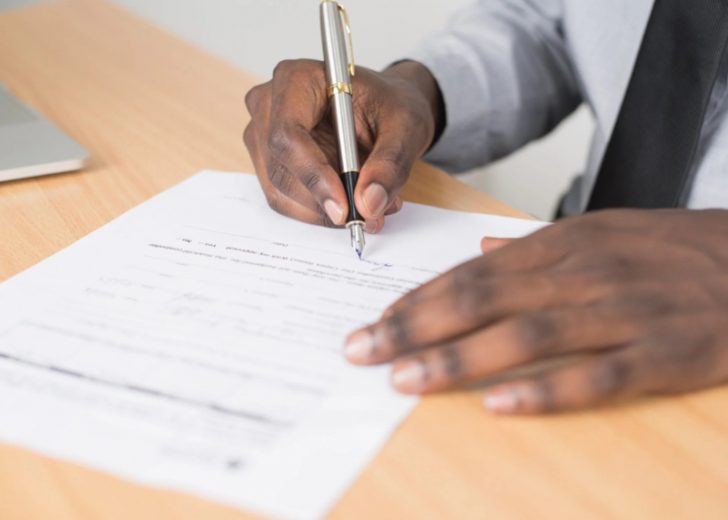A checking account only allows financial transactions without dealing in cash. Paper checks enable drawing funds directly from checking accounts. Individuals acquire paper checks from the nearest local banking branch.

The payer pens the recipient’s name on the check and signs to enable the transaction. There are legal considerations to think about when writing any check.
Required Fields
For a check to have a binding legal contract, all necessary fields have be filled correctly. Some checks have the standard information already printed. They contain essential check lines and payer account data. Legally, a complete check includes the payee name, authorized signature, a precise date, and transaction amounts in words and numerals. A check may be dis-honoured if necessary fields are not correctly filled and signed.
Incomplete Instruments
A check is going to be incomplete even if signed by the authorized signatory but if the necessary fields are incomplete. The drawer may not specify the, amount, payee’s name and date. If an incomplete instrument is given to a payee, they can fill in the check unless they are advised otherwise. Thus while the signatory only can sign the check, it is to be completed by an unintended party for an unintended amount. Never sign a blank check, as it is a liability.
Authorized Signatures

Only authorized signatories sign and authenticate a check. For personal accounts, this is be the account owner. Businesses and organizations could delegate this role to authorized parties. These authorized parties should not give incomplete checks as a check may not be honored if the presented signature fails to match the authorized signatory’s or fails the set signing instructions. Forging and faking signatures are fraudulent actions punishable by law.
Contractual Instruments

Checks are basically money contracts, and carry the words ‘pay to the order of’ on the front. This grants the payee the authority to give the check to any third party, usually their own bank. They are the ones protected against the contractual changes. If contractual conflicts arise between the payee and payer, the payer could issue a stop payment order. The drawer gives this order before full payment is issued. Late stop payment order may ensure a lawsuit to facilitate return of deducted funds.
Bad Checks
Intentionally writing and handing over a bad check is considered a criminal offense, which is punishable by law. Bad checks can be drawn on non-existent accounts or those with depleted funds. If presented at a bank, a bad check will bounce. A bank charges a penal fee to individuals writing bad checks. A check guarantees the payee payment if you have adequate funds in your account. Writing a bad check breaches the IOU contract. Legally, banks may not prosecute a post-dated bad check as the check promises paying up in the future, regardless of funds in one’s account.
Major Legal Pitfalls of Signatures
Signing one’s name on any document or check is seen as a straightforward process, as is endorsing a check for your spouse or kid who is not in town. But these actions have unpleasant legal consequences depending on circumstances. Using the wrong colour ink may stop your signature from showing up on a scanned cheque. Even with a joint account, it is still illegal to endorse your husband or wife’s signature or even your sign your children’s name on the back of a check.




